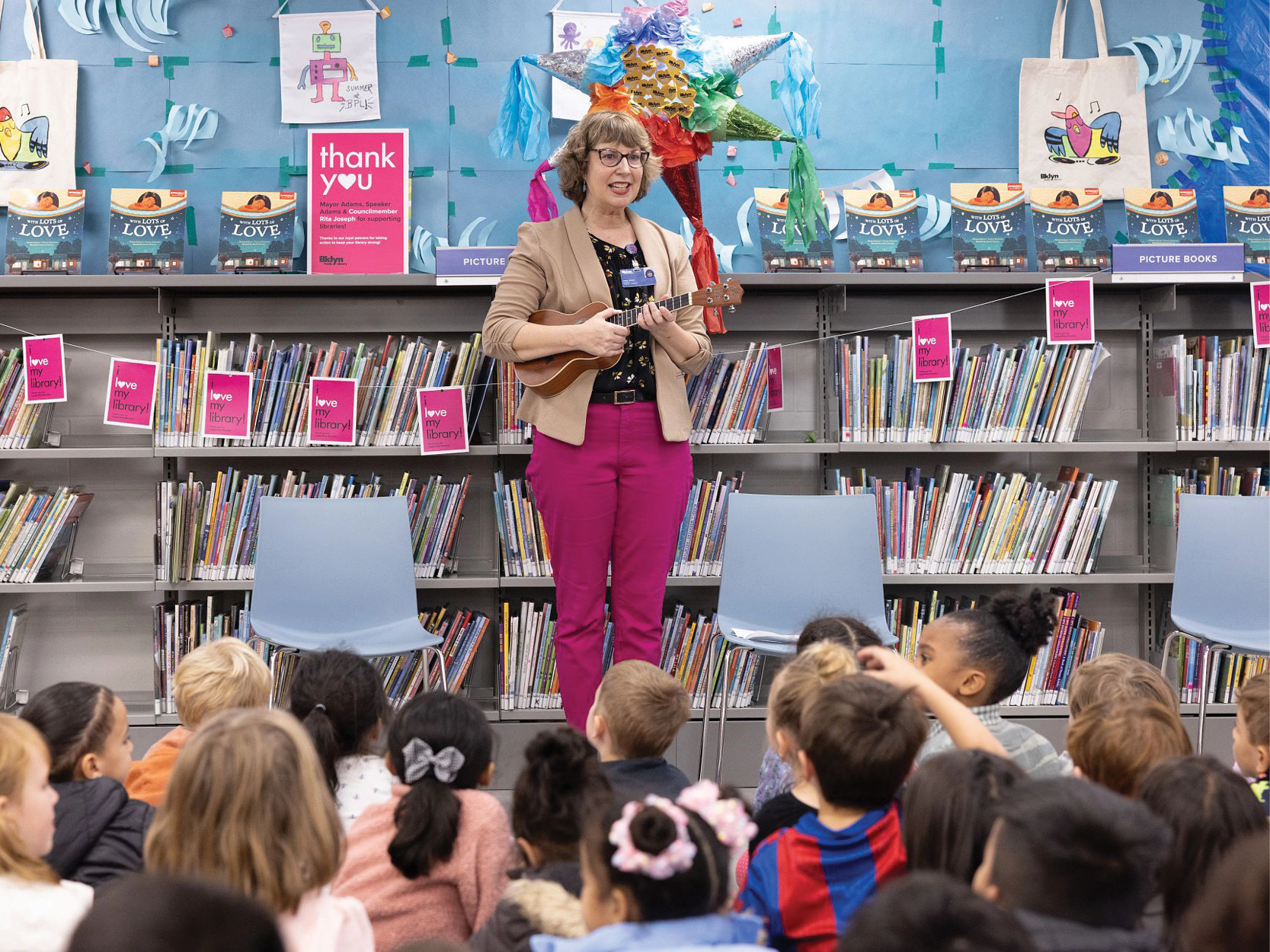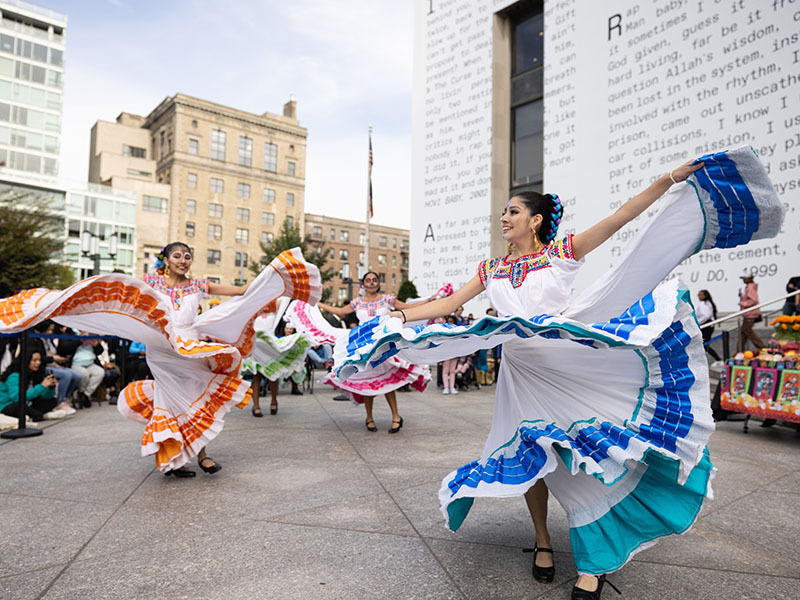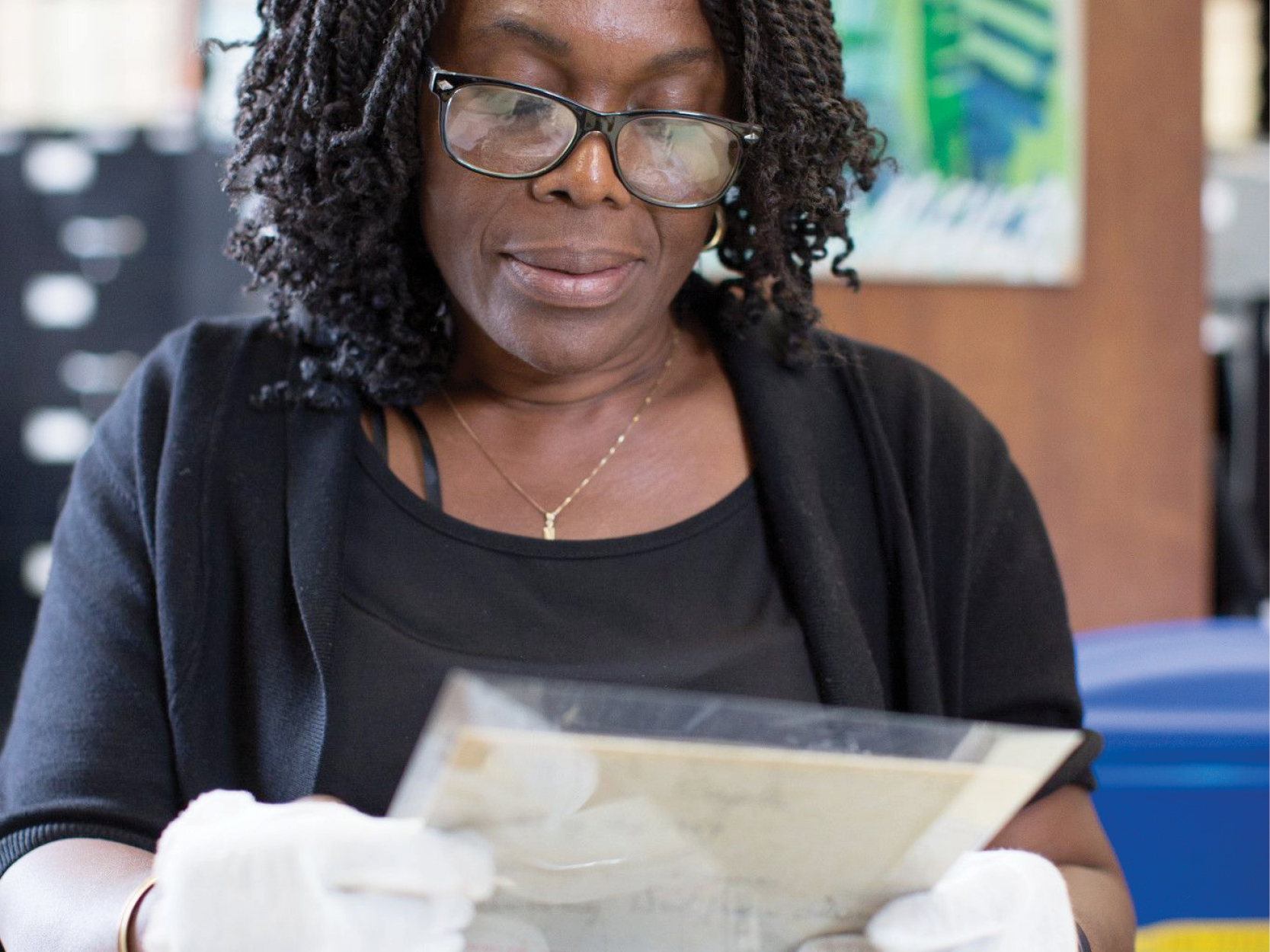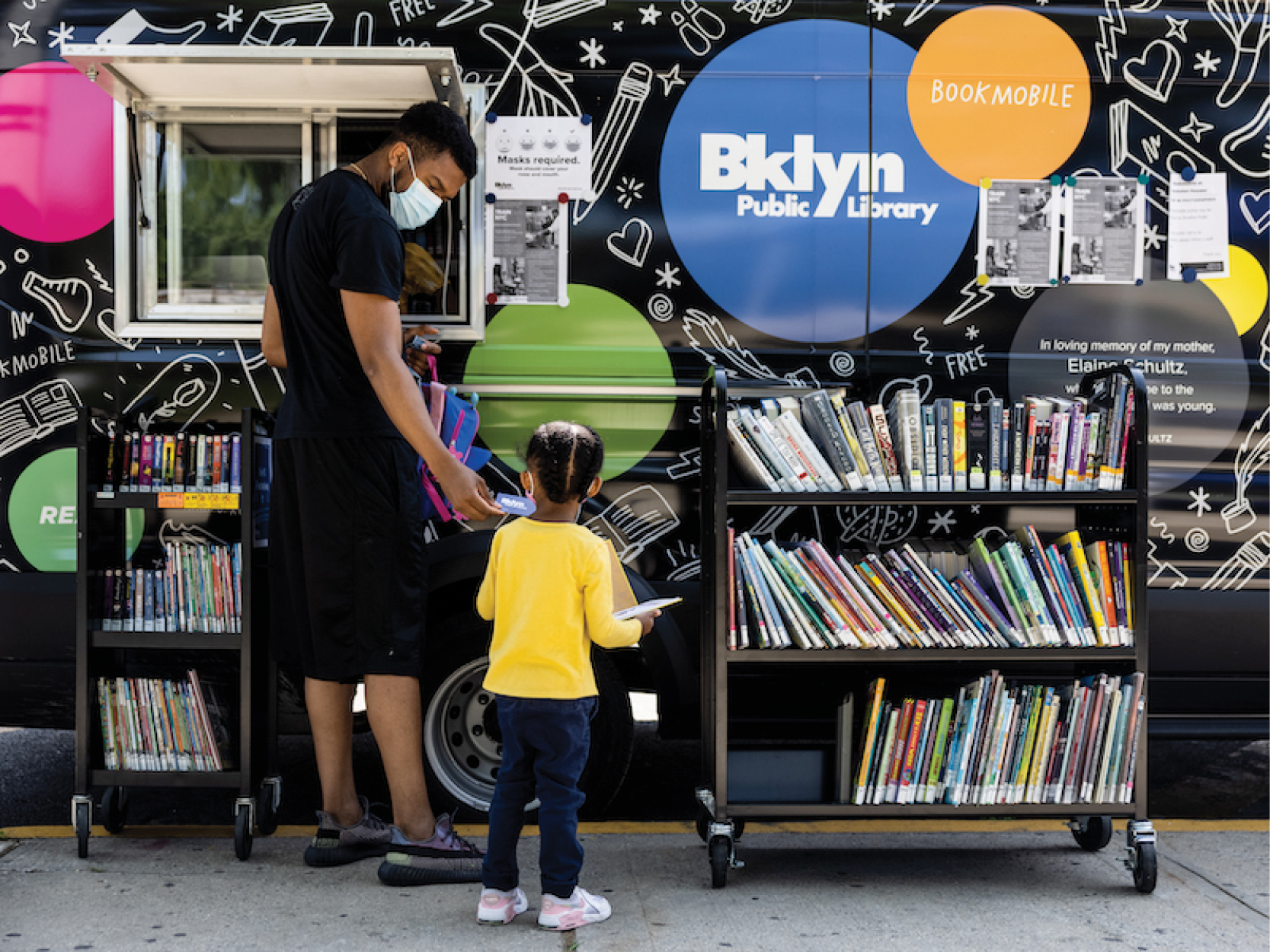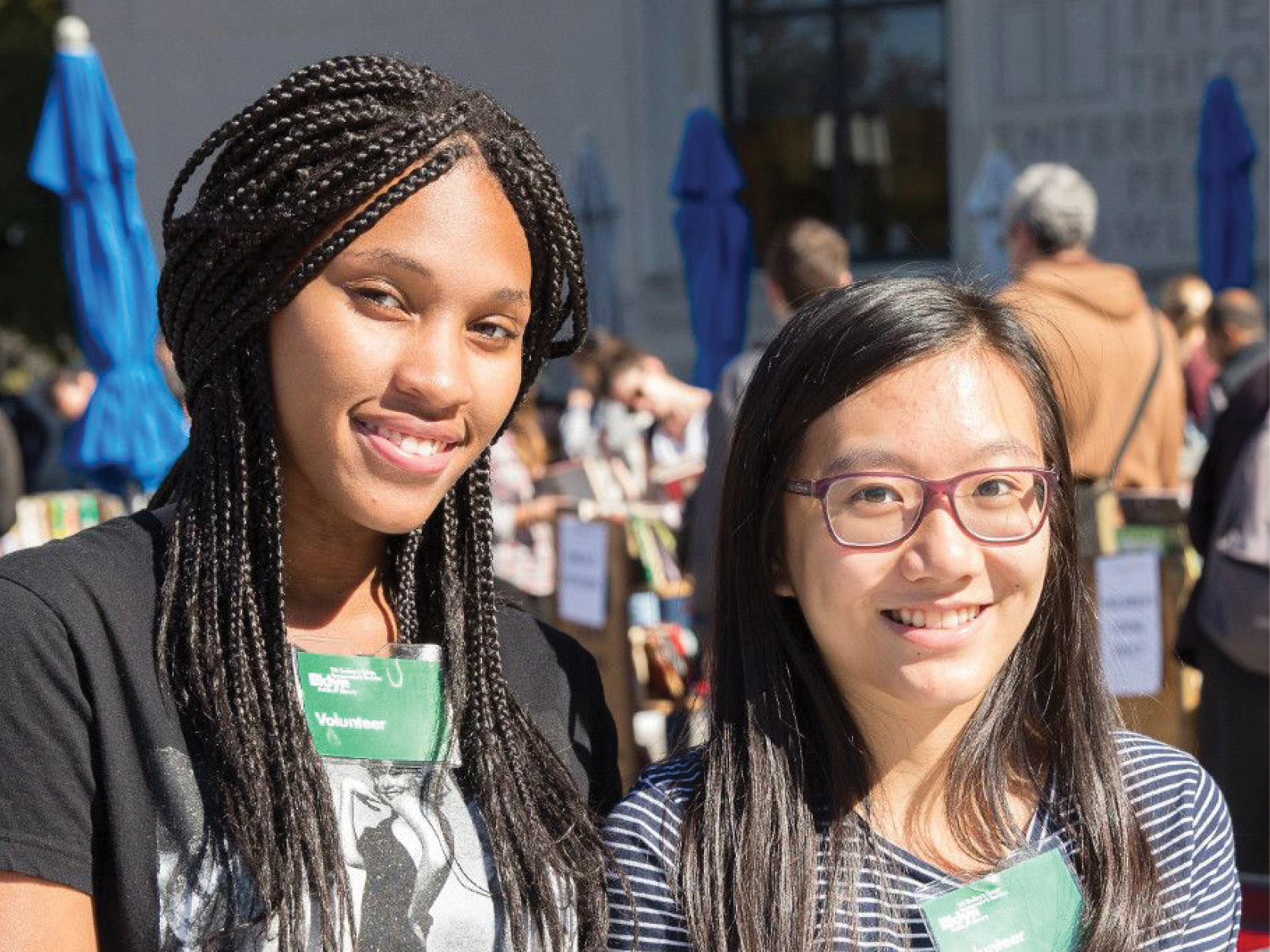Women’s Equality Day deserves your attention, especially now. In the midst of a major social awakening in America, it’s become clear that so much more can be done in our nation’s fight for true equality.
The Women’s Suffrage Movement began in the 1800s, as women organized and rallied for civil rights. In the face of well-financed political opposition, women began to push back, state by state, for what they deserved. In August of 1920, the 19th Amendment to the U.S. Constitution was signed, 42 years after it was introduced to Congress, granting American women the right to vote and hold public office.
Over the next century, women continued to battle against oppression and discrimination. In 1971, Representative Bella Abzug introduced a bill that designated August 26 as Women’s Equality Day, a day that symbolizes women’s continued fight for equal rights, with the support of their country.
This week, as we celebrate on the 100th anniversary of the day the 19th amendment was ratified, let’s remember that there is still much work to be done. Today’s battle is worldwide, on behalf of women’s education, employment, health, and safety from abuse and discrimination. Legislation is important, but it’s also our responsibility to speak out on behalf of women in our daily lives. According to the National Organization for Women:
For full-time, year-round workers, women are paid on average only 77 percent of what men are paid; for women of color, the gap is significantly wider. These wage gaps stubbornly remain despite the passage of the Equal Pay Act in 1963, the Lily Ledbetter Fair Pay Act of 2009, and a variety of other legislation prohibiting employment discrimination.
Much like the leaders of the women’s Suffrage Movement, women today possess the tenacity, intellect, and strength that will guide us towards a better future. Let’s continue to celebrate and empower women this week, and through the upcoming elections. Here are some books that provoke thought and motivate action to uplift women in today’s society.
Broad Influence: How Women Are Changing the Way America Works by Jay Newton-Small
With deep, exclusive and behind-closed-doors reporting and interviews, including conversations with Nancy Pelosi, Barbara Mikulski, Kirsten Gillibrand, Valerie Jarrett, Sarah Palin, Kelly Ayotte, Cathy McMorris Rogers and dozens of other former and current senators, representatives, senior White House staffers, governors and cabinet members, Broad Influence is an insightful look at how women are transforming government, politics, and the workforce, and how they are using that power shift to effect change throughout America.
Vanguard : How Black Women Broke Barriers, Won the Vote, and Insisted on Equality for All by Martha S. Jones
Acclaimed historian Martha S. Jones offers a new history of African American women’s political lives in America. She recounts how they defied both racism and sexism to fight for the ballot, and how they wielded political power to secure the equality and dignity of all persons. From the earliest days of the republic to the passage of the 1965 Voting Rights Act and beyond, Jones excavates the lives and work of black women—Maria Stewart, Frances Ellen Watkins Harper, Fannie Lou Hamer, and more—who were the vanguard of women’s rights, calling on America to realize its best ideals.
 The Truths We Hold: An American Journey by Kamala Harris
The Truths We Hold: An American Journey by Kamala Harris
Democratic Vice-Presidential candidate Kamala Harris’ commitment to speaking truth is informed by her upbringing. The daughter of immigrants, she was raised in an Oakland, California community that cared deeply about social justice; her parents—an esteemed economist from Jamaica and an admired cancer researcher from India—met as activists in the civil rights movement when they were graduate students at Berkeley. Growing up, Harris herself never hid her passion for justice, and when she became a prosecutor out of law school, a deputy district attorney, she quickly established herself as one of the most innovative change agents in American law enforcement...
I Know Why the Caged Bird Sings by Maya Angelou
Sent by their mother to live with their devout, self-sufficient grandmother in a small Southern town, Maya and her brother, Bailey, endure the ache of abandonment and the prejudice of the local “powhitetrash.” At eight years old and back at her mother’s side in St. Louis, Maya is attacked by a man many times her age–and has to live with the consequences for a lifetime. Years later, in San Francisco, Maya learns about love for herself and the kindness of others, her own strong spirit, and the ideas of great authors (“I met and fell in love with William Shakespeare”) will allow her to be free instead of imprisoned.
Dear Ijeawele, or a Feminist Manifesto in Fifteen Suggestions by Chimamanda Ngozi Adichie
A few years ago, Chimamanda Ngozi Adichie received a letter from a dear friend from childhood, asking her how to raise her baby girl as a feminist. Dear Ijeawele is Adichie's letter of response. Here are fifteen invaluable suggestions—compelling, direct, wryly funny, and perceptive—for how to empower a daughter to become a strong, independent woman.
Women, Race & Class by Angela Y. Davis
From the widely revered and legendary political activist and scholar Angela Davis comes a powerful study of the women’s liberation movement in the U.S., from abolitionist days to the present, that demonstrates how it has always been hampered by the racist and classist biases of its leaders.
Sing, Unburied, Sing by Jesmyn Ward
Jojo and his toddler sister, Kayla, live with their grandparents, Mam and Pop, and the occasional presence of their drug-addicted mother, Leonie, on a farm on the Gulf Coast of Mississippi. Simultaneously tormented and comforted by visions of her dead brother, which only come to her when she’s high, Leonie is embattled in ways that reflect the brutal reality of her circumstances. Mam is dying of cancer; and quiet, steady Pop tries to run the household and teach Jojo how to be a man. When the white father of Leonie's children is released from prison, she packs her kids and a friend into her car and sets out across the state for Parchman farm, the Mississippi State Penitentiary, on a journey rife with danger and promise.
Little Women by Louisa May Alcott
From Forbes booklist: “Alcott said that she wanted to write a novel that gave women more options than marriage and children, and she certainly did that, especially in her creation of Jo, who was a revolutionary character of her time. While the debate around whether Little Women is truly a “feminist novel” still rages on, there’s no doubt that the book has inspired girls (myself included) and female writers across the world since publication 150 years ago. And Alcott herself was an inspiration. Not only did she work to support her family from an early age, but she was also a suffragette and an abolitionist—and perhaps above all, an avid runner at a time when running was not only considered to be unladylike but even dangerous for women. Truly a forerunner when it comes to women’s equality.”
This blog post reflects the opinions of the author and does not necessarily represent the views of Brooklyn Public Library.
Post a Comment
While BPL encourages an open forum, posts and comments are moderated by library staff. BPL reserves the right, within its sole discretion, not to post and to remove submissions or comments that are unlawful or violate this policy. While comments will not be edited by BPL personnel, a comment may be deleted if it violates our comment policy.
eNews Signup
Get the latest updates from BPL and be the first to know about new programs, author talks, exciting events and opportunities to support your local library.


